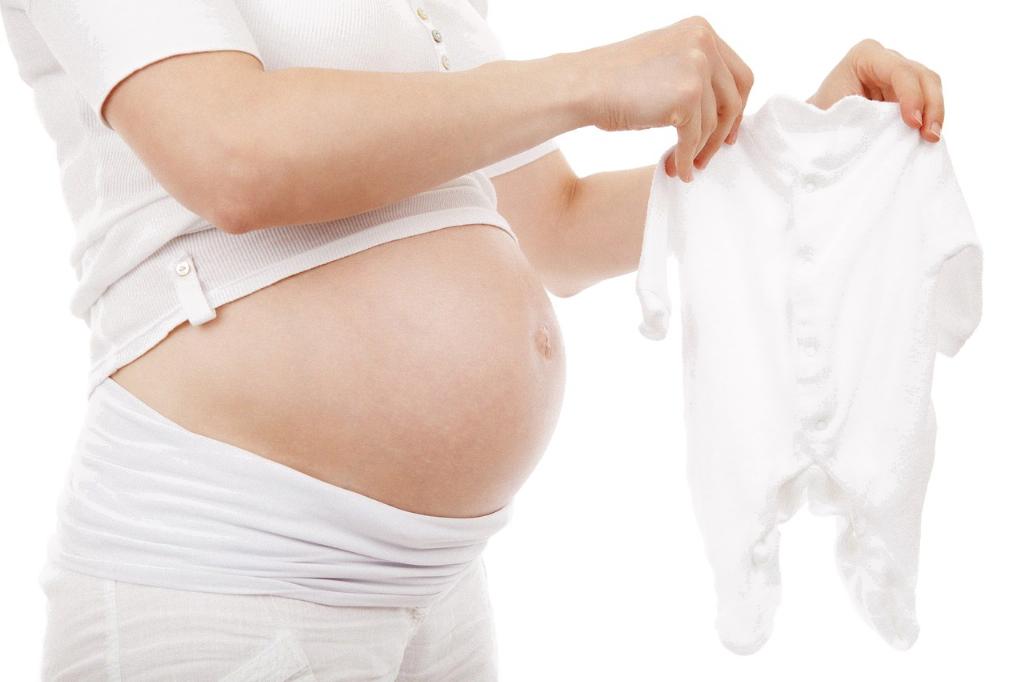Many women experience a range of skin changes during pregnancy, and one of these changes can be the development of hives. Hives, also known as urticaria, are raised, red or white welts on the skin that can be itchy and uncomfortable. While hives during pregnancy are less common compared to other skin changes, they can still occur, particularly in early pregnancy.
Causes of Hives During Pregnancy
Hives during pregnancy can be caused by various factors, including allergic reactions to certain foods, insect bites, medications, or chemicals. Hormonal changes in the body during pregnancy can also play a role in the development of hives. The immune system of pregnant women may be more sensitive, making them more prone to developing hives in response to certain triggers.
Symptoms of Hives in Early Pregnancy
The symptoms of hives in early pregnancy are similar to hives in non-pregnant individuals. These include raised red or white welts on the skin that may appear suddenly and vary in size. The welts can be itchy and may come and go over a period of hours or days. In some cases, hives may be accompanied by swelling of the face, lips, or throat, which can be a sign of a more severe allergic reaction.
Managing Hives during Pregnancy
If you develop hives during early pregnancy, it is essential to consult with your healthcare provider for proper evaluation and treatment. They may recommend antihistamines to help alleviate itching and inflammation. Avoiding known triggers, such as certain foods or medications, can also help prevent the recurrence of hives. Keeping the skin moisturized and using mild, fragrance-free skincare products can also help manage hives.
When to Seek Medical Attention
In some cases, hives during pregnancy can be a sign of a more serious allergic reaction or medical condition. If you experience difficulty breathing, swelling of the face or throat, or dizziness along with hives, seek immediate medical attention. These could be signs of anaphylaxis, a severe allergic reaction that requires prompt intervention.
Preventing Hives during Pregnancy
While it may not be possible to prevent hives entirely during pregnancy, there are steps you can take to reduce the risk of developing them. Avoiding known allergens, practicing good skincare habits, and staying hydrated can help support overall skin health and reduce the likelihood of hives. Maintaining a healthy lifestyle and following your healthcare provider’s recommendations can also contribute to a smoother pregnancy experience.
Conclusion
In conclusion, hives during early pregnancy are relatively uncommon but can occur due to various factors such as hormonal changes and allergic reactions. Recognizing the symptoms of hives and seeking timely medical advice is crucial for proper management. By understanding the causes and triggers of hives, you can take steps to reduce the risk and ensure a comfortable pregnancy journey.

